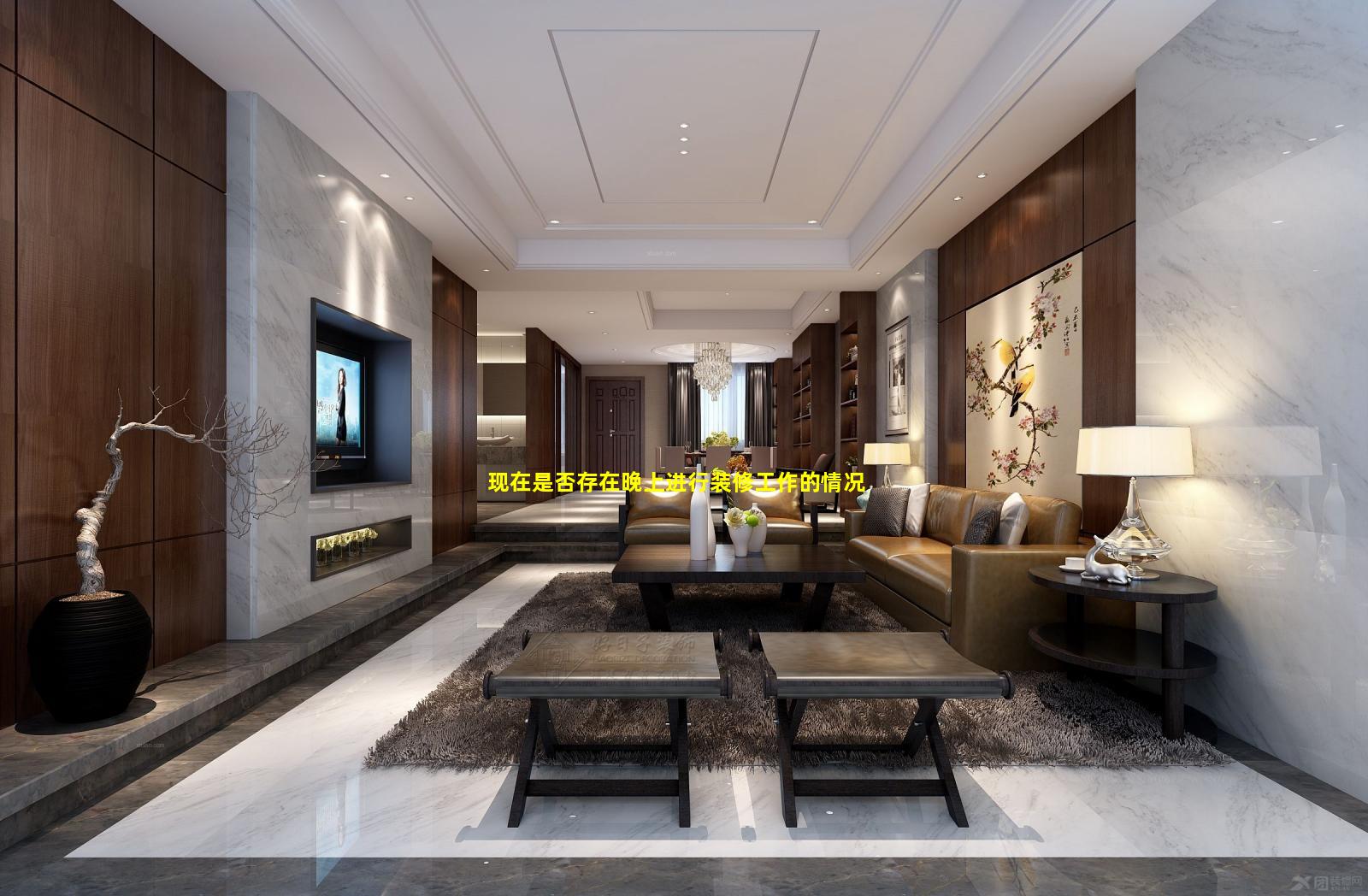





在中国,根据《中华人民共和国环境噪声污染防治法》和各地的相关规定,通常在晚上特定时间后是不允许进行装修工作的,以避免对居民的正常休息造成干扰。具体的时间限制可能因地区而异,但一般来说,晚上10点至次日早上6点或7点之间是不允许进行有噪音的装修活动的。
如果您所在的小区或地区有晚上进行装修的情况,您可以向物业管理部门或当地城市管理部门投诉,他们会根据相关法律法规进行处理。同时,您也可以与装修业主沟通,提醒他们遵守规定,避免在禁止时间内进行装修工作。
In many cities and residential areas, there are regulations in place that restrict or prohibit construction and renovation work during certain hours, typically at night, to minimize noise and disturbance for residents. These rules are designed to ensure that people can enjoy a peaceful environment in their homes, especially during sleeping hours.
If you are experiencing nighttime construction or renovation work in your area, it is likely that the workers are not adhering to local noise ordinances or building codes. You may want to contact your local government or housing authority to inquire about the specific regulations in your area and to report any violations.
Here is a sample English essay on the topic:
Title: The Impact of Nighttime Renovation Work on Residential Peace
In the bustling neighborhoods of our modern cities, the constant hum of activity is a familiar backdrop to daily life. However, when this hum extends into the quietude of night, it can disrupt the tranquility that residents seek in their homes. Nighttime renovation work, though perhaps convenient for contractors and homeowners, can pose significant challenges to the well-being of the community.
The issue of nighttime construction is not merely a matter of noise pollution; it is a question of respect for the shared spaces we inhabit. Local regulations are often in place to prevent such disturbances, ensuring that the hours between dusk and dawn are reserved for rest and rejuvenation. These ordinances reflect a collective understanding that the quality of life in residential areas is closely tied to the ability to enjoy peace and quiet.
When renovation work spills over into the night, it can lead to a cascade of negative effects. Sleep deprivation, stress, and a diminished sense of safety are just a few of the consequences that residents may face. Moreover, the disregard for these regulations can foster a sense of frustration and helplessness among those affected, eroding the social fabric of the community.
To address this issue, it is essential for residents to be aware of their rights and the laws that protect them. Reporting violations to local authorities is a crucial step in upholding the standards that maintain the harmony of our neighborhoods. Additionally, fostering dialogue between homeowners, contractors, and the community can lead to mutually beneficial solutions that respect the needs of all parties involved.
In conclusion, while the convenience of nighttime renovation work may seem appealing, it is imperative to consider the broader implications for the community. By adhering to the established rules and fostering a culture of mutual respect, we can ensure that our residential areas remain havens of peace and tranquility, even in the midst of urban development.

在中国,关于晚上装修施工的具体规定时间,通常由地方政府的城乡建设或者住房和城乡建设部门制定,并且可能会根据具体情况有所不同。一般来说,为了减少对居民生活的影响,晚上装修施工的时间会受到限制。
以北京市为例,根据《北京市环境噪声污染防治条例》,夜间施工(指晚上22:00至次日早晨6:00)是被严格限制的。除非是紧急抢修、抢险救灾等特殊情况,或者取得了相关部门的夜间施工许可,否则不得进行产生噪声污染的施工作业。
其他城市可能有类似的规定,但具体的时间段和限制条件可能会有所不同。因此,如果您想了解具体的规定,建议咨询当地的城乡建设或住房和城乡建设部门,或者查阅当地的相关法规和政策文件。
在进行装修前,业主或施工单位应当了解并遵守当地的噪声污染防治规定,合理安排施工时间,减少对周围居民的影响。如果需要在限制时间外施工,应当提前申请夜间施工许可,并采取有效措施减少噪声污染。
在中国,装修工人在施工期间是否可以住在装修现场,主要取决于以下几个因素:
1. 物业管理规定:不同的住宅小区或物业管理公司有不同的规定。有些小区可能允许工人在施工期间临时居住,但需要办理相关手续,如登记、缴纳押金等。而有些小区则可能完全禁止工人在装修期间居住。
2. 业主意愿:业主对于是否允许工人在装修期间居住也有决定权。如果业主担心安全问题或者对居住环境有较高要求,可能会不同意工人在现场居住。
3. 施工合同:在签订装修合同时,合同中可能会明确规定工人在施工期间的住宿安排。如果合同中没有明确说明,双方需要协商解决。
4. 安全与卫生:即使允许工人在装修现场居住,也需要确保居住环境的安全与卫生。例如,需要有适当的通风、照明、消防设施,以及独立的卫生间和洗浴设施。
5. 法律法规:中国的相关法律法规对于施工现场的安全管理有严格要求。如果工人在装修现场居住,必须遵守这些规定,确保不违反法律法规。
6. 邻里关系:工人在装修现场居住可能会影响邻里关系,尤其是在夜间施工或生活噪音可能会引起邻居的不满。
是否允许装修工人在晚上住在装修现场,需要综合考虑物业管理规定、业主意愿、合同约定、安全卫生要求以及法律法规等多方面因素。建议在装修前与物业、业主以及装修公司充分沟通,明确相关事宜,以避免不必要的纠纷。